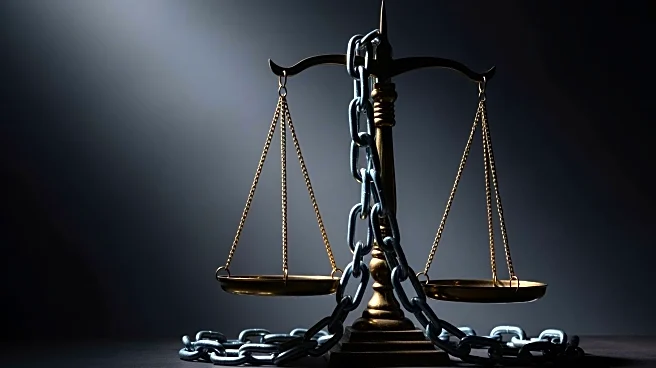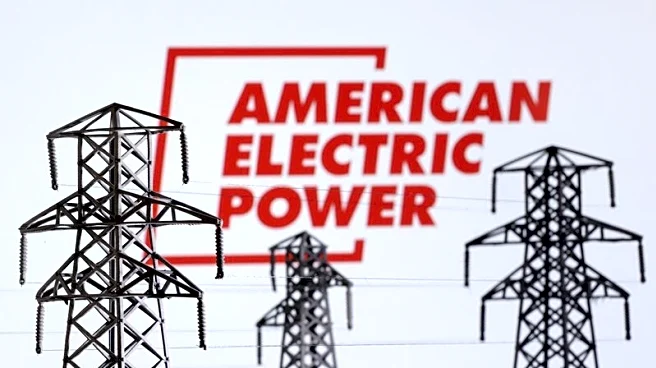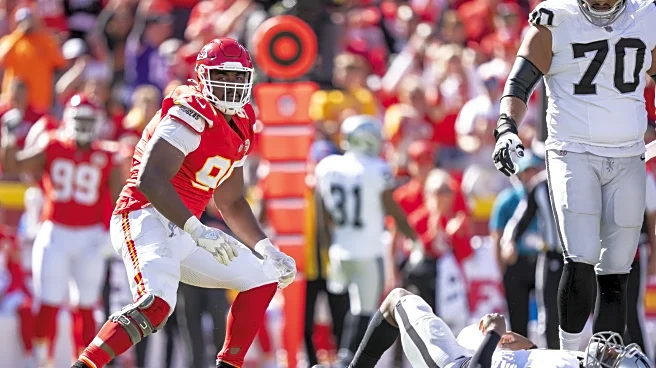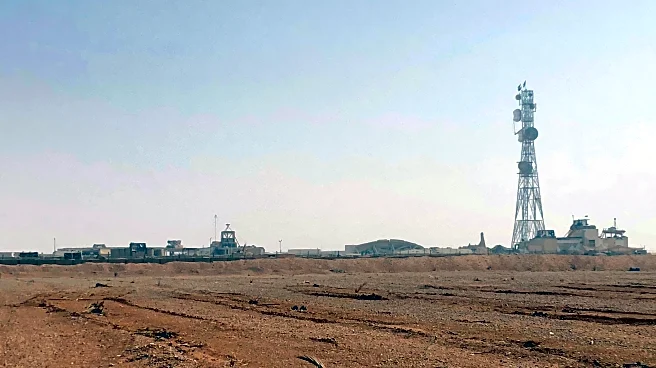What's Happening?
The U.S. Court of Appeals for the 9th Circuit is currently embroiled in a significant debate over President Trump's authority to deploy the National Guard in American cities, particularly in response to political
protests. This issue has sparked a division among judges, with some arguing that the courts should defer to the executive branch's decisions during emergencies, while others insist on the judiciary's duty to scrutinize and potentially block unlawful troop deployments. Judge Susan Graber, in her dissent, urged her colleagues to act swiftly to prevent illegal troop deployments and called on the public to maintain faith in the judicial system. The debate highlights the judiciary's role as a check on executive power, especially in the context of domestic military deployments.
Why It's Important?
This judicial debate is crucial as it touches on the balance of power between the executive branch and the judiciary, particularly concerning the use of military force within the United States. The outcome could have significant implications for civil liberties and the rule of law. If the courts fail to act as a check on executive power, there is a risk of eroding democratic principles and potentially moving towards martial law. This situation underscores the judiciary's role as a guardian of liberty and the importance of maintaining public trust in the judicial system. The stakes are high, as unchecked military deployments could threaten the fundamental precepts of democracy, including federalism and the separation of powers.
What's Next?
The 9th Circuit's internal conflict may lead to further legal challenges and potential appeals to higher courts, including the Supreme Court. The judiciary's response to this issue will be closely watched, as it could set a precedent for future executive actions involving military deployments. Political leaders, civil society groups, and the public are likely to react strongly, depending on the court's decisions. The situation may also influence legislative actions, as Congress could seek to clarify or limit the executive's authority in deploying the National Guard domestically.
Beyond the Headlines
The broader implications of this judicial debate extend to the cultural and ethical dimensions of governance in the United States. The judiciary's ability to act as a check on executive power is a cornerstone of American democracy, and any perceived erosion of this role could lead to a loss of public confidence in the legal system. Additionally, the potential use of military force against political protests raises ethical questions about the appropriate use of power and the protection of civil liberties. This situation may prompt a reevaluation of the legal frameworks governing domestic military deployments and the balance of power between branches of government.












